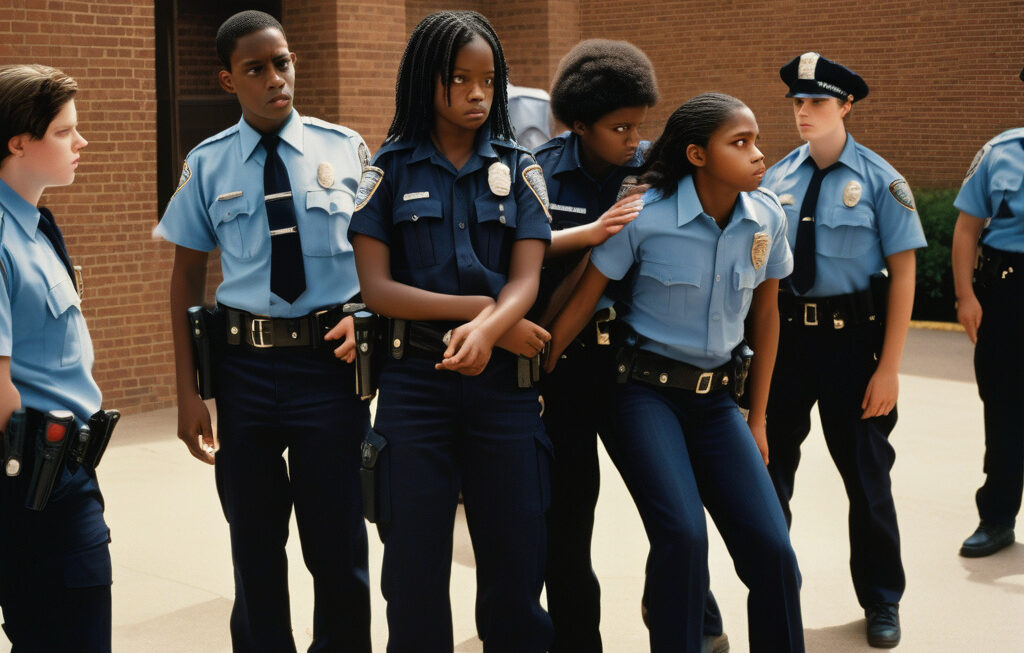Parents Should Rethink Sharing Children’s Photos Online
In today’s digital age, it has become a common practice for parents to share every moment of their children’s lives on social media. From the first steps to the first day of school, these precious moments are captured and instantly shared with friends and family members. However, what many parents fail to realize is the potential risks and consequences of oversharing children’s photos online.
According to recent studies, by the time a child reaches the age of 13, their parents have already posted over 1,300 photos of them on various social media platforms. While this may seem like a harmless way to document and share memories, it can have serious implications for a child’s privacy and security.
One of the major risks associated with sharing children’s photos online is the potential for identity theft. By posting a child’s photos along with personal information such as their full name, date of birth, and even their daily routines, parents are unknowingly providing cybercriminals with valuable information that can be used to steal their child’s identity.
Moreover, the issue of consent also comes into play when parents share their children’s photos online. Children are too young to understand the implications of having their photos shared publicly, and they may not want their entire childhood documented and shared without their consent. This can lead to feelings of embarrassment, violation of privacy, and even harm their mental well-being in the long run.
In addition to identity theft and lack of consent, there is also the risk of photos being misused or falling into the wrong hands. Once a photo is posted online, it is nearly impossible to control who views it, shares it, or saves it for malicious purposes. This can have serious consequences, such as photos being used for cyberbullying, harassment, or even being shared on inappropriate websites.
So, what can parents do to protect their children’s privacy and security in the digital age? The answer lies in being more mindful and selective about what they choose to share online. Instead of posting every single moment of their children’s lives, parents should consider the long-term implications and potential risks of oversharing.
Furthermore, parents should also educate themselves about the privacy settings of social media platforms and adjust them accordingly to control who can view and share their children’s photos. By taking these simple steps, parents can help protect their children from identity theft, privacy breaches, and other online risks.
In conclusion, while sharing children’s photos online may seem like a harmless act of love and pride, it is essential for parents to rethink their approach and consider the potential risks and consequences. By being more mindful, selective, and proactive in protecting their children’s privacy and security, parents can ensure that their precious moments are shared safely and responsibly in the digital age.
privacy, security, children, online safety, parenting











